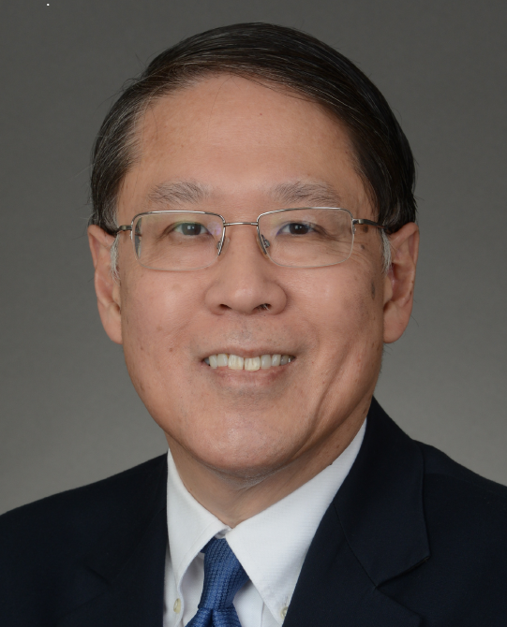Levofloxacin-containing quadruple therapy achieves highest rates of Helicobacter pylori eradication after failure of Non-Bismuth Quadruple (NBQ) Therapy
Helicobacter pylori (H. pylori) remains a significant global cause of gastritis, gastric ulcers and cancer. Over 50% of the global population is infected and more than 20% fail standard triple therapy and 5-15% fail NBQ therapies. Therefore, it is important to develop further effective therapies to reduce this global health burden. This study was performed to review the efficacy and safety of quinolone-containing therapies after the failure of NBQ, using either sequential or concomitant regimens.
16 prospective and retrospective studies assessing the efficacy and safety of second-line quinolone containing therapies were analysed using the Grades of Recommendation, Assessment, Development and Evaluation (GRADE) approach.
The highest eradication rates of >90% were achieved in two studies using levofloxacin/bismuth-containing quadruple therapies (LBQ). The 10 day regimen of levofloxacin/amoxicillin/PPI triple therapy (LT) achieved 80% eradication (77% after concomitant therapy, 81% after sequential regimen). Moxifloxacin/amoxicillin/PPI triple therapy (MT) had lower efficacy at 69% eradication, which declined to 63% when given for 7 days, but increased to 80% when administered for a longer 14 day duration. Safety was similar in all treatments. Researchers noted that sensitivity analyses for LT were robust, but MT had weak evidence.
It is well recognized that new therapies are needed to improve eradication of H. pylori. While new LBQ therapies are encouraging, more studies are needed to investigate this further, particularly in areas with higher resistance rates.
PMID: 28361211
Drugs. 2017 May;77(7):765-776. doi: 10.1007/s40265-017-0730-4. Review.
Source: https://www.ncbi.nlm.nih.gov/pubmed/28361211?dopt=Abstract










